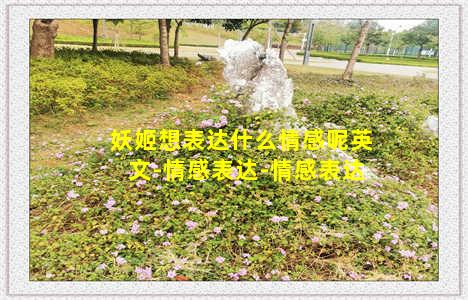
For centuries, enchantresses, sorceresses, and seductresses have been portrayed in literature, mythology, and popular culture, captivating audiences with their beauty, power, and mystery. One of the most iconic examples is the mythological figure of the enchantress, also known as the femme fatale or the temptress, who uses her allure and magic to ensnare, manipulate, or punish men.
One such enchantress is the legendary Chinese character of the "yaoji," or the bewitching woman, who has fascinated scholars, writers, and artists for centuries. The yaoji is typically depicted as a beautiful, cunning, and vengeful woman who uses her supernatural skills to control and harm her enemies, often men who have wronged her or her family. In many versions, the yaoji is also a tragic figure who suffers from unrequited love or from being persecuted for her unconventional behaviour.
But what emotions and motives lie behind the myth of the yaoji and other enchantresses? Why do we find them so fascinating and alluring, even as we fear and condemn their actions? In this essay, I will explore some of the possible interpretations of the emotions and themes that the yaoji represents, from anger and revenge to love and empowerment.
One of the most obvious emotions that the yaoji embodies is anger, or even rage, towards a society that oppresses and marginalizes women. The yaoji is often portrayed as a victim of injustice, abuse, or betrayal, who resorts to her magic to get revenge or justice. In this sense, the yaoji can be seen as a symbol of resistance and empowerment, a way for women to reclaim agency and autonomy in a male-dominated world.
However, the yaoji's anger can also be seen as a source of danger and chaos, as her unchecked emotions and wrath can harm innocent people and wreak havoc on society. The yaoji's power can be seen as a double-edged sword, a reminder of the need for self-control and responsibility even in the face of oppression and injustice.
Another emotion that the yaoji embodies is love, or more precisely, unrequited or forbidden love. In many versions, the yaoji falls in love with a mortal man who either rejects her or cannot reciprocate her feelings due to societal norms or other obstacles. The yaoji's love is portrayed as intense, passionate, and tragic, a reminder of the human longing for connection and intimacy.
However, the yaoji's love can also be seen as obsessive and possessive, as she uses her magic to force the man into loving her or punishing him for rejecting her. The yaoji's love can also be seen as a metaphor for the danger of desire and lust, which can lead to obsession, jealousy, and destruction.
A third emotion that the yaoji embodies is complexity, as her character is often ambiguous and contradictory. The yaoji can be both a victim and a villain, a lover and a tormentor, a symbol of empowerment and a source of danger. The yaoji's complexity reflects the complexity of human emotions and motives, which are often shaped by societal norms, personal experiences, and cultural conflicts.
Overall, the myth of the yaoji and other enchantresses represents a complex and fascinating exploration of the human psyche, particularly of the emotions and themes that arise from the intersection of gender, power, and desire. By examining the different interpretations and representations of the yaoji in literature, mythology, and popular culture, we can gain a deeper understanding of the human condition and the enduring appeal of the mythical femme fatale.
